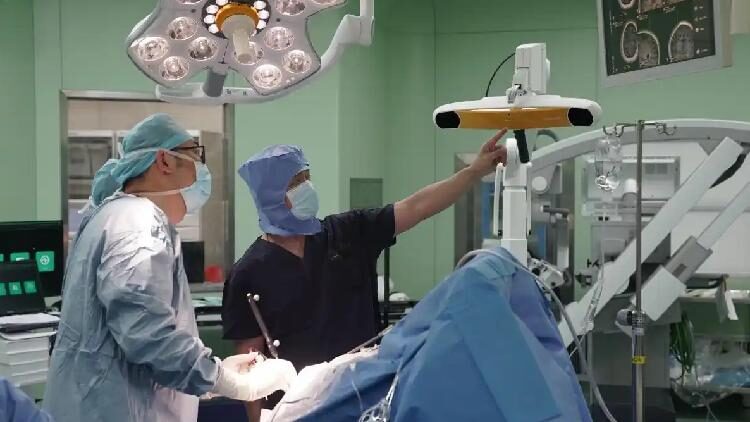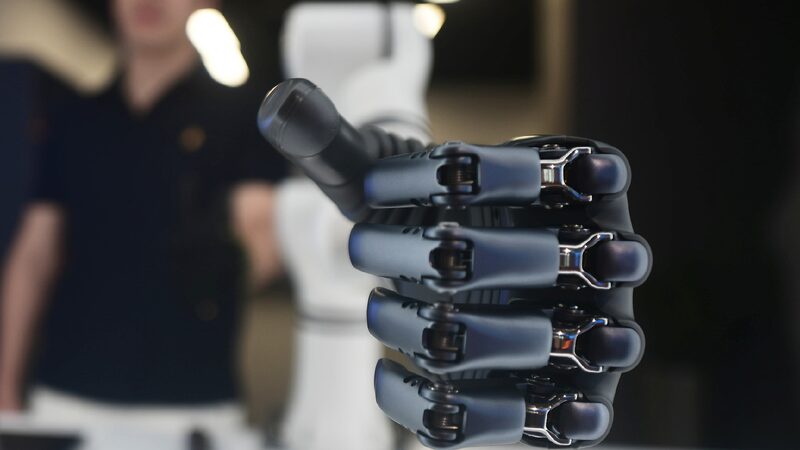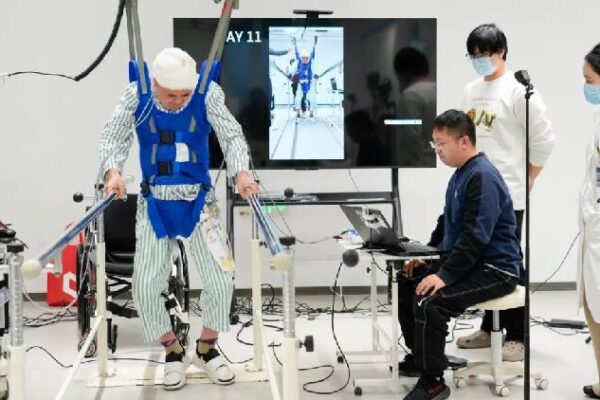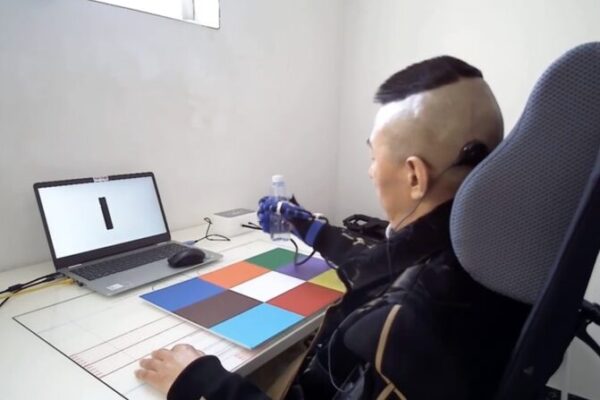Elon Musk’s neuroscience startup, Neuralink, has received regulatory approval from Health Canada to conduct its first clinical trial in the country. The groundbreaking trial aims to test a brain implant designed to allow individuals with paralysis to control digital devices simply by thinking.
The implant could be a game-changer for people with quadriplegia, potentially giving them the ability to interact with computers, phones, and other devices using only their thoughts. This technology works by detecting neural signals in the brain and translating them into commands for external devices.
Although Health Canada has not issued a formal statement about the approval, the decision marks a significant step forward for Neuralink’s research. In the United States, the company has already implanted devices in two patients. The first patient, Noland Arbaugh, received his implant in January and has since used it to play video games, browse the internet, and engage on social media. The second patient, who chose to remain anonymous, underwent the procedure in August and has been using the device to learn 3D design and play video games.
Elon Musk noted that 400 of the implant’s electrodes are functioning in the second patient, contributing to the device’s impressive performance. Neuralink plans to extend its trials to eight additional participants by the end of the year.
Founded in 2016, Neuralink is dedicated to advancing brain-computer interface technology to improve the lives of individuals with severe disabilities. Beyond enabling movement and communication, the company is also exploring applications to restore vision. Earlier this year, its implant received the “breakthrough device” designation from the U.S. Food and Drug Administration.
Neuralink’s advancements hold promise for millions of people worldwide facing paralysis or visual impairments. As the technology progresses, it could open up new possibilities for enhancing human capabilities and overcoming physical limitations.
Reference(s):
Neuralink receives Canadian approval for brain chip implant trials
cgtn.com








